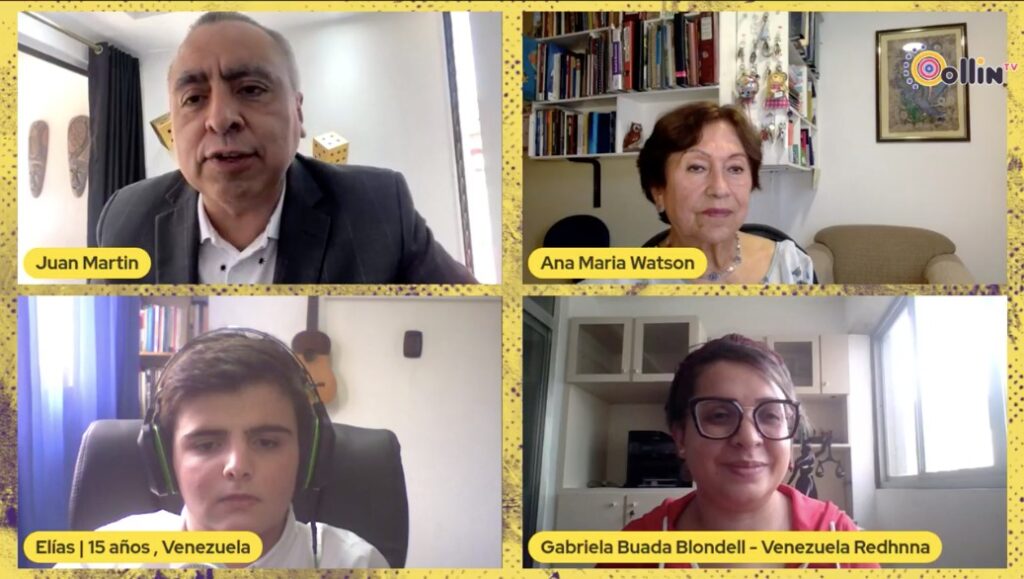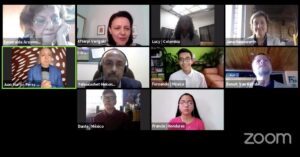- The rights of girls, boys and adolescents should not be limited to the geographical point where they are, in any part of the world they should be respected: International Activists.
- The humanitarian crisis for migrant children in Latin America is not a new phenomenon since for several years international organizations have denounced it, one of the main causes being non-compliance with the obligations of the States.
Figures from UNHCR, the UN Refugee Agency, indicate that there are 5.4 million refugees and migrants from Venezuela throughout the world, the vast majority in Latin American and Caribbean countries. Venezuelan migrants are fleeing violence, insecurity and threats, as well as the lack of food, medicine and essential services. In this regard, the United Nations Children's Fund (UNICEF) has requested host and transit countries to protect migrant and refugee children against discrimination and guarantee their access to social services.
In the midst of the humanitarian crisis caused by migrant children, the Weave Childhood Networks Initiative for Latin America and the Caribbean carried out the program What are the challenges facing migrant children in Venezuela? through the Internet television channel Ollin.TV; the space had the participation of experts on the subject.
During her speech, Gabriela Buada from the Network for the Human Rights of children and adolescents, Venezuela (REDHNNA); noted that the humanitarian crisis for migrant children in Latin America is not a new phenomenon since for several years international organizations have denounced it, one of the main causes being the failure to comply with the obligations of the States and that has originated the violation of human, political, economic, social and cultural rights of children, a situation that is aggravated by COVID-19. "The poorest people are being forced to migrate," he concluded.

To make the situation visible, Ana María Watson, Director of the National Initiative Group for Children's Rights (GIN, Peru), shared the following data, obtained from a World Bank report: a) In Peru, there are 1.2 million of Venezuelan migrants and refugees, b) the city of Lima concentrates 86.6% of Venezuelan migrants, in addition to being the city with the most migrants of Venezuelan origin, worldwide c) 18% of this population already lived in poverty conditions, before of the health contingency due to COVID-19, d) the majority have not had access to formal work, housing and / or health. During her speech, she also recalled that some regions of Latin America are experiencing electoral processes, and consequently male and female candidates should be planning strategies to address the crisis.
Elías Sebastián, 15, activist and spokesperson for Children's rights, in Venezuela; He pointed out that one of his main concerns as an activist is violations of child guarantees, in the midst of the migration crisis. Giving rise to phenomena such as "childhood leaves behind" that remains in Venezuela, in the care of other family members and even unknown people, with the risks that this implies, while their parents or guardians are in the process of migration. He assured that not meeting the needs of children affected by migration processes represents a form of violence. Elías, made an invitation to solidarity and empathy to understand what a migrant process represents for childhood. In conclusion, Juan Martín Pérez, Coordinator of the initiative Weaving Childhood Networks, said that: “Girls, boys and adolescents do not have geography, their rights less… Adults, states, government agencies.


